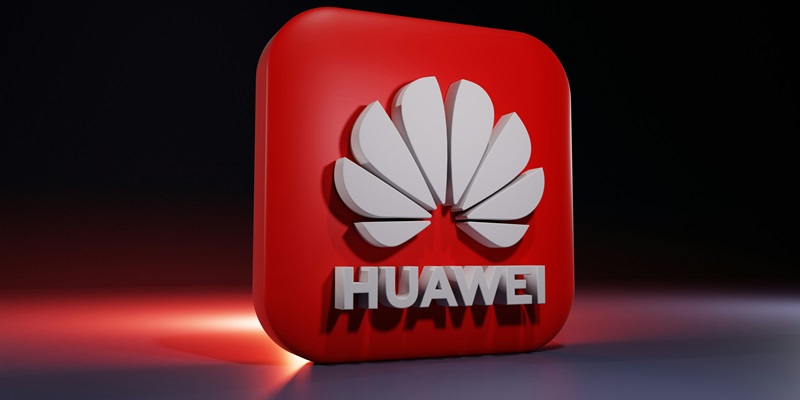Huawei is on track to surpass Samsung in the foldable smartphone arena by mid-2024, challenging Samsung’s dominance since the Galaxy Fold launch in 2019. A report by Display Supply Chain Consultants highlighted this shift, with Huawei closing the gap in the final quarter of 2023. Although Samsung maintained its lead in shipments, its Galaxy Z Fold 5 and Z Flip 5 didn’t meet sales expectations. Conversely, Huawei and its offshoot brand Honor have increased their market share significantly. The Mate X4’s success is closely competing with Samsung’s Z Flip 5, and the upcoming Mate X5 and Pocket 2 are expected to boost Huawei’s standing even more. Industry observers are keen to see how Samsung will respond with its Galaxy Z Fold 6 and Z Flip 6, set to debut in Q3 2024. Huawei’s rise comes despite challenges, and the competition in foldable phone innovation continues to intensify.
Emerging Contenders and Market Trends
Despite competition in the foldable phone market heating up, Huawei is not the only game in town. Research by DSCC points to a shakeup in market dynamics, potentially disadvantaging Oppo and vivo, who are stepping back from updating their foldable lineups due to challenges in their home market, China. Contrarily, the clamshell foldable sector continues to thrive, with players like Huawei, Honor, Motorola, and Samsung poised to drop fresh models.
Looking ahead, the first quarter of 2024 is marked for significant growth in the foldable phone sphere, with an estimated year-over-year expansion of 105%. This surge reflects not only the market’s robust trajectory but also the relentless innovation by tech behemoths. As a result, consumers can expect increasingly sophisticated and user-centric foldables to emerge. This evolution indicates that the tech industry’s race to innovate isn’t slowing down, promising consumers a wave of cutting-edge devices in the near future.

